With 'pride' in themselves
Jan 21, 2015
Story
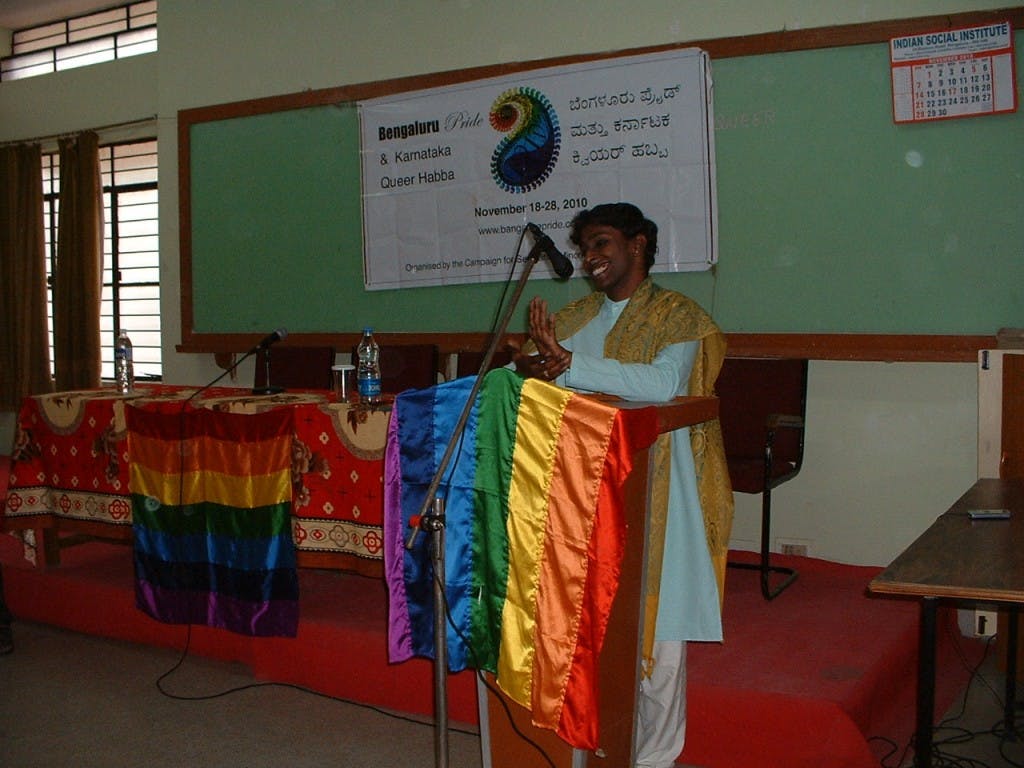
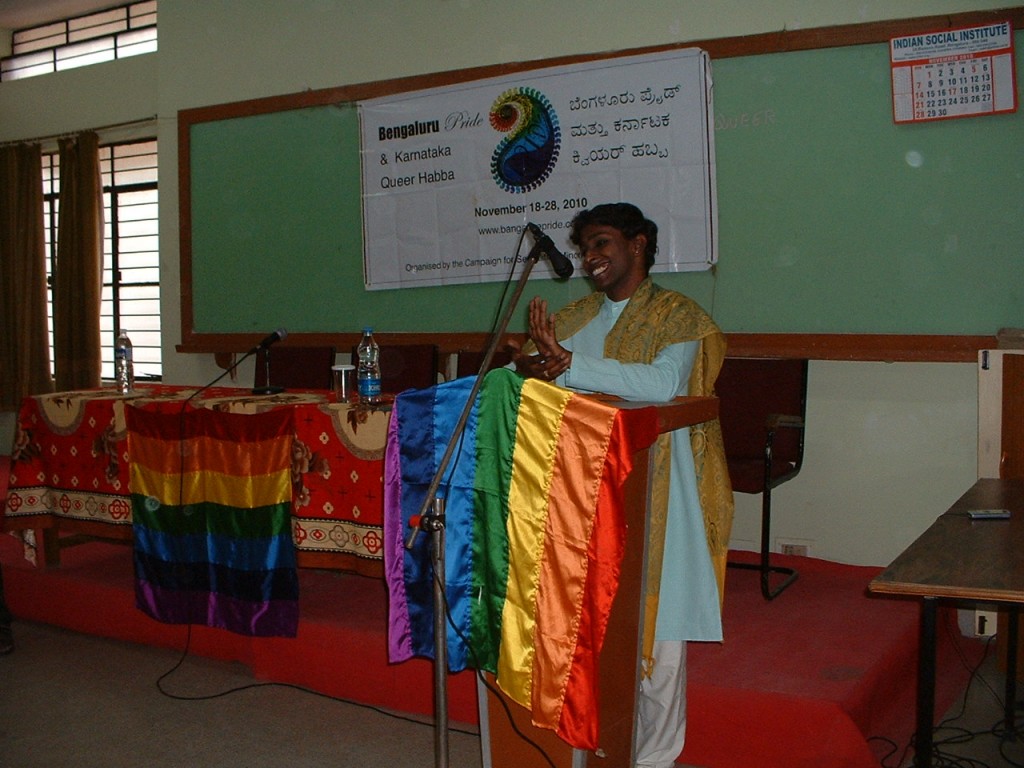
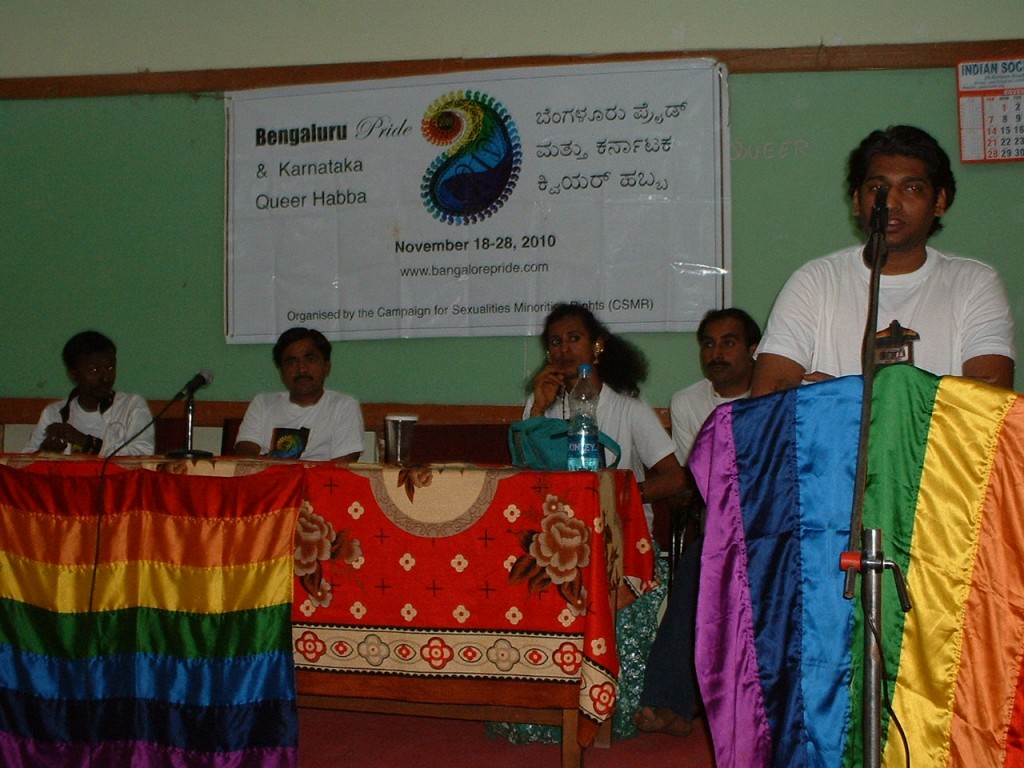
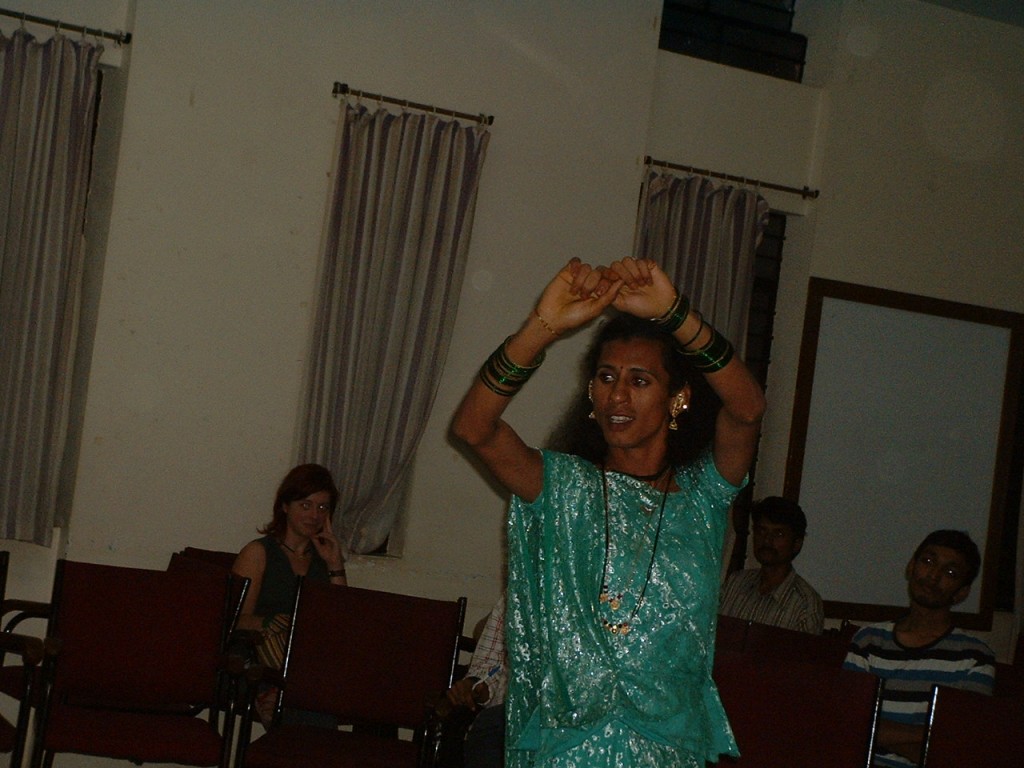
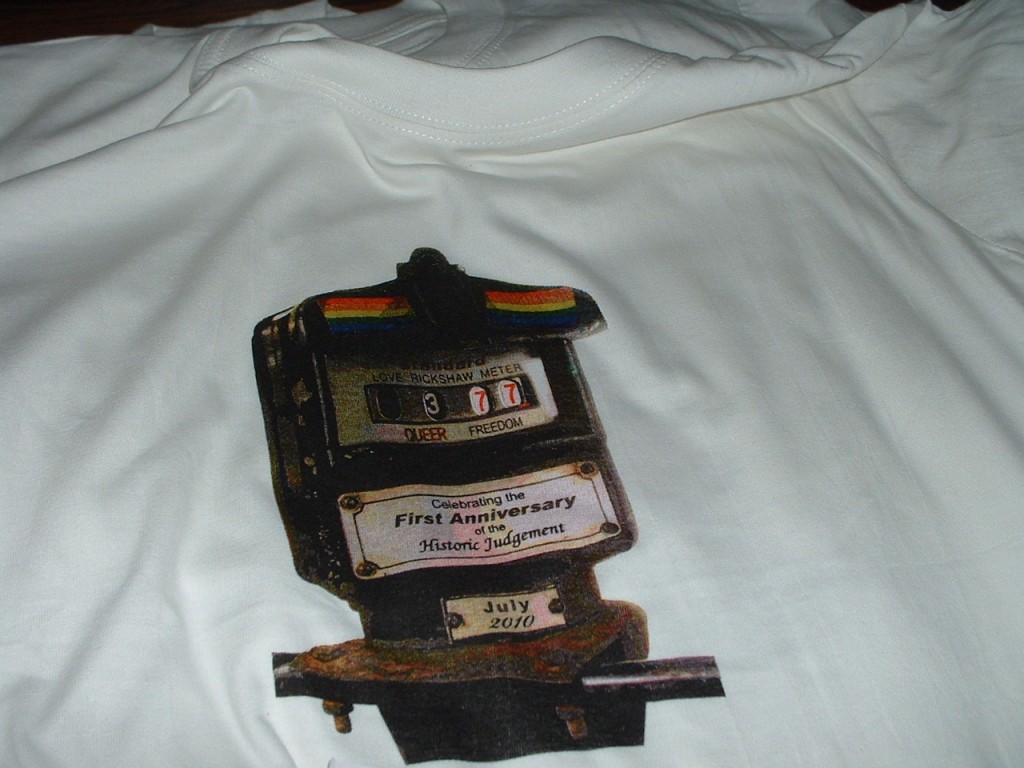
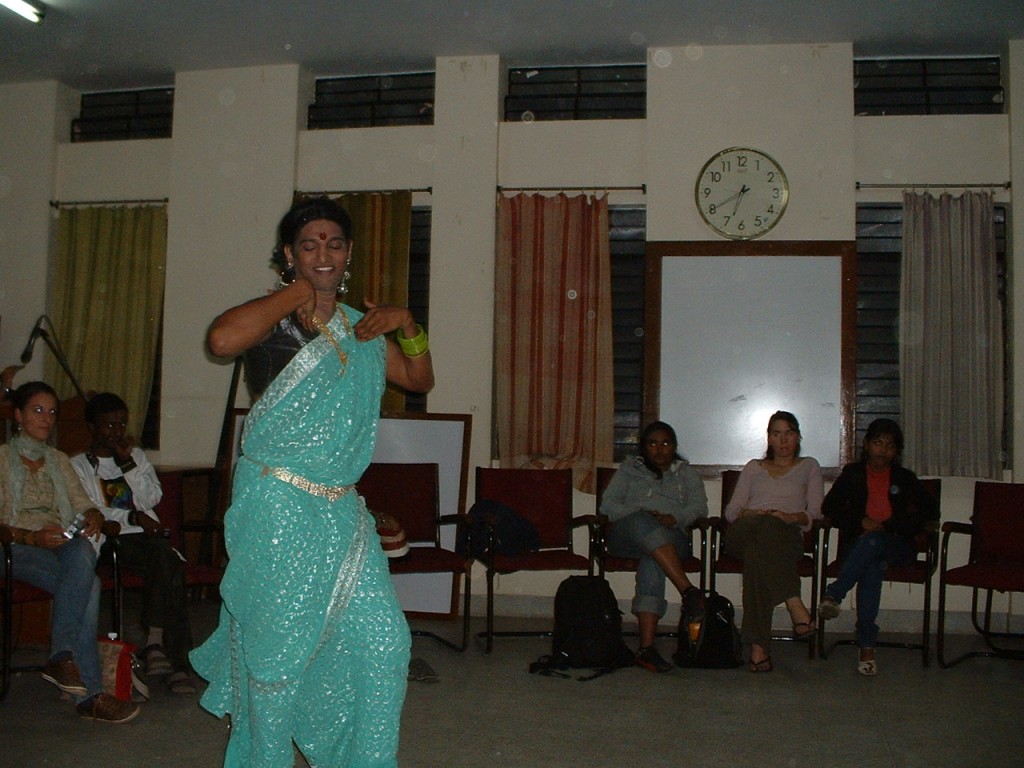
People from the LGBTIQ community across Karnataka and their supporters celebrated alternate sexuality at the Bangalore Pride Festival (http://www.bangalorepride.com) held from 18th - 28th November 2010. (Bangalore is the capital of Karnataka, a state in south western India). Through colourful and vibrant dance, music, plays, poems, book readings and other performances, they expressed their joy and pain. Poignant films and photos, insightful discussions and other lively events that spanned ten days culminated in an energetic and invigorating pride march through the city.
During a though provoking session on the problems that they face regularly, transgender persons particularly from rural parts of Karnataka shared personal stories of abuse and harassment from insensitive and ignorant families and society. Realizing their alternate gender identity early in life, transgenders (kothis, panthis, jogappas and hijras as they prefer to be called) dress and behave according to their preferred gender. This generates ridicule and rejection from tradition bound parents, relatives, neighbours, teachers and others who often force them into psychological counselling, spiritual 'healing' and sometimes unhappy heterosexual marriages.
Mahesh S. a 'doubledecker' from Bagalkot narrated how he dropped out of school and left home as a teenager to escape a situation as above. Arriving in Bangalore with little money and no home or job, he started begging on the streets and also took up sex work to support himself. During that period, Mahesh encountered extreme physical violence from the police and antisocial elements. This is the case with many transgenders who lack sufficient academic qualifications to secure employment. Even if they are skilled, most people do not offer jobs or let out homes to transgenders due to prevalent social taboos and primitive mindsets. "Death seems the only way out of this misery", said Mahesh, explaining why transgenders resort to suicide.
Now working at a non-profit organization that primarily campaigns for the human rights and civil liberties of the LGBTIQ community, V. Chandramma, a bisexual from Hubli said that the law does not protect transgenders. In reality, it discriminates against them by denying them basic entitlements like a voter identity card or a family ration card (used for procuring household groceries from fair price outlets of the public distribution system). Salim Ahmad, a transsexual from Dharwad, added, "Programmes run by the government and non-government organizations for the prevention and treatment of HIV/AIDS are also impractical. They focus on targets and statistics rather than on the human condition".
In a historic judgement in July 2009, the New Delhi high court recommended the repeal of an antiquated British era legislation that criminalizes homosexuality. Further, the state governments of Tamil Nadu and Karnataka have announced benefits for transgenders like old age pension, educational scholarships and housing loans, in April 2008 and August 2010 respectively. However, implementation of these schemes is very slow or non-existent. And societal change of attitudes seems fairly distant...
Here is a peek into 2 programmes that I enjoyed attending.




